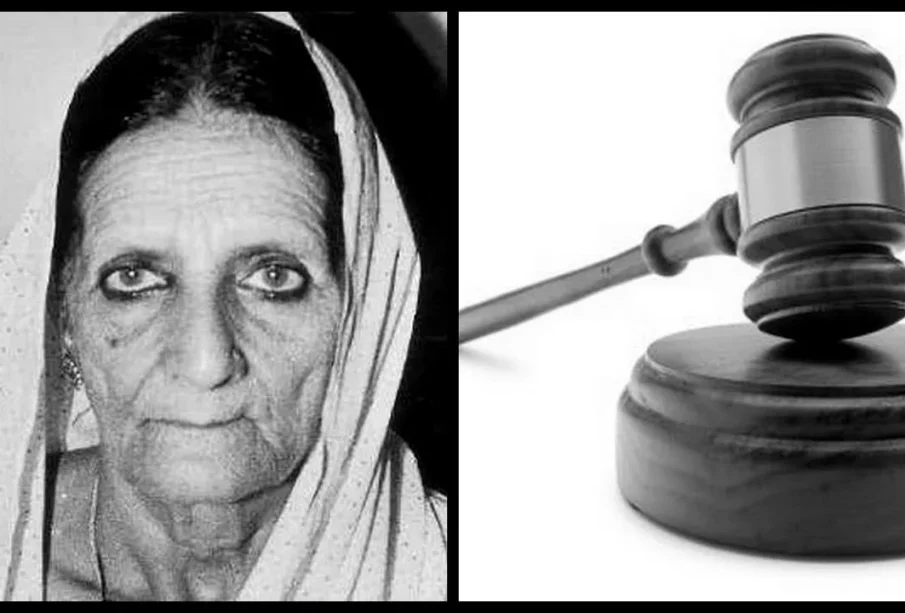Shah Bano Case: A Landmark Judgment in Indian Law

Introduction
The Shah Bano case, which emerged in the late 1980s, holds immense importance in the landscape of Indian legal and social rights. This landmark judgment by the Supreme Court of India addressed the issues of maintenance rights for divorced Muslim women, setting a precedent for gender equality in the nation. With continued relevance in today’s discourse on personal laws, understanding the implications of this case is crucial for recognizing the evolution of women’s rights in India.
Background of the Case
In 1976, Shah Bano, a middle-aged Muslim woman, was divorced by her husband after 43 years of marriage. Although she was entitled to maintenance under Section 125 of the Criminal Procedure Code (CrPC), her husband refused to provide it, leading her to file a petition for maintenance. The case escalated through various judicial levels, culminating in the Supreme Court’s involvement in 1985.
The Supreme Court’s Judgment
The apex court ruled in favor of Shah Bano, emphasizing that her right to maintenance was fundamental and should not be restricted solely to the provisions of Muslim personal law. The court stated that Section 125 of the CrPC was a secular law applicable to all communities and affirmed that maintenance is a shared social responsibility. This judgment not only granted Shah Bano a monthly maintenance amount but also opened the doors for subsequent litigations concerning the rights of women under personal laws.
Impact and Reactions
The judgment sparked significant debates and reactions across various societal fronts. While women’s rights activists lauded the decision as a progressive move towards gender equality, conservative factions within the Muslim community viewed it as an intrusion into their personal laws. In response to the public outcry and pressure from various quarters, the Indian government introduced the Muslim Women (Protection of Rights on Divorce) Act in 1986 to counter the apex court’s ruling, stipulating that maintenance should only be provided for a limited period after divorce.
Conclusion
The Shah Bano case remains a critical chapter in India’s legal history, illustrating the ongoing struggle between secular laws and personal laws. It has undoubtedly had a lasting impact not only on legal precedent but also on the cultural dynamics regarding women’s rights in India. As current discussions around gender equality and legal rights for women continue, the implications of this case are still relevant today, influencing the ongoing debates around personal laws and the status of women in society. Future efforts must aim to strike a balance that continues to uphold women’s rights across all religious communities in the nation.








